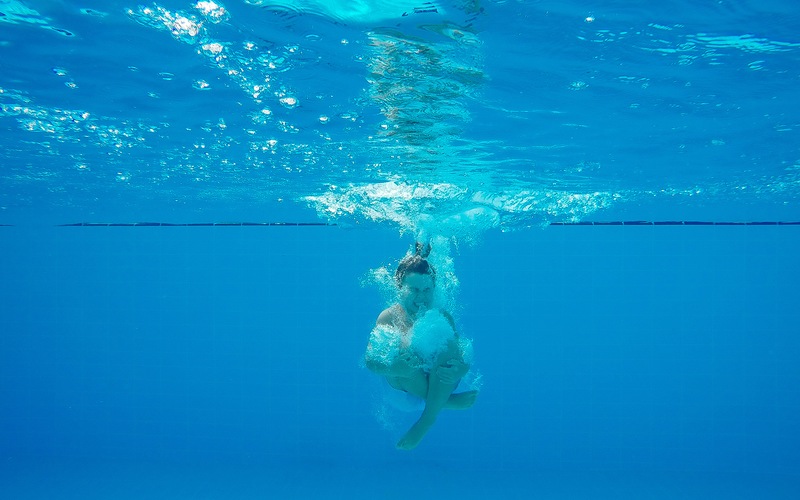The Science Behind the Splash

For most families, the backyard pool is all about fun, laughs and entertainment—but did you know that there’s a wealth of science going on behind every splash and swim across the pool? For an insightful look at the ins and outs of your backyard pool, take a look at the blog below!
The practical purpose of pruned fingers and toes
A funny thing happens to our fingers and toes when we spend lots of time in the water—they wrinkle and turn into prune-like versions of their normal selves! What causes this puzzling transformation? This pruning-up actually serves a very practical purpose. The wrinkled digits allow humans to grasp wet, slippery items and avoid slipping on slicked surfaces. While it may not seem very useful now (especially since we get to exert so much control on our surroundings), it’s clear that this would be extremely helpful to our ancestors who needed to brave the elements and survive in conditions both wet and dry.
Behind the perfect cannonball
If you’ve always wondered how to master the perfect cannonball (with a large, impressive splash), your answer lies in physics! The secret is in the spherical shape of a cannonball—the more rounded you make your body as you jump, the more evenly water will spray out from under you, thanks to the displacement of the water in response to the falling object (you!) and the air cavity you create as you jump in.
The green hair dilemma
Green hair after swimming is a common concern for those with blonde hair, but what’s at the root of the problem? You can thank a chemical reaction between the copper in your pool (present in well-water pools and those that use copper algaecides) and the proteins in your hair. When the copper becomes oxidized and interacts with your hair, it can result in the unwanted green hue. Fortunately, many modern pool owners avoid this problem by removing copper and copper-based algaecides, or treating their hair with a protective conditioner before swimming if they aren’t familiar with the pool’s metal levels.
Sounds heard while swimming
You can clap, stomp and yell underwater—so why can’t these sounds be heard (or why do they sound so faint)? This is due to the medium of the water itself. While sound can travel through water faster than it can on land, the water itself can make the sounds seem foreign and less clear—which is why it’s so hard to make out clear words and sounds while below the surface.
These facts may be intriguing, but you don’t need a physics book or calculator to enjoy your backyard pool—just jump right in!
Bookmark & Share
Most Popular Articles
- The 5 Biggest Benefits of an Early Morning Swim
- Four Things to Consider Before Purchasing a Pool
- 4 Questions to Ask Before Choosing Your New Pool
- Fun Pool Safety Tips For Kids
- 5 Pool Accessory Ideas for Summertime Fun
- Swimming Pool Facts to Impress Your Friends
- Fun and Functional Additions for Your Pool
- Warm Weather Pool Tips


